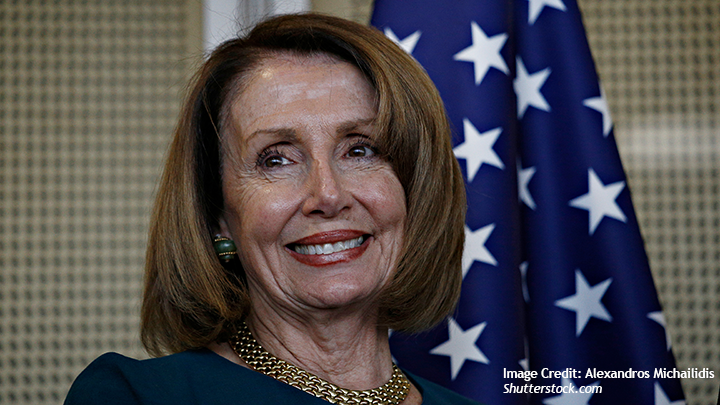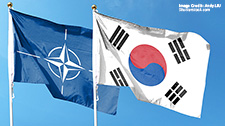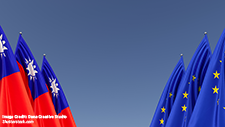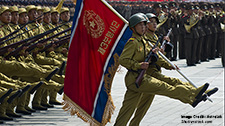Did Nancy Pelosi’s Taiwan Trip Close the Thucydides Trap?

Jagannath Panda
Chinese state media has declared the U.S. House of Representatives speaker Nancy Pelosi’s visit to Taiwan a “salvo of war.” This, they say will precipitate a change in China’s United States policy—“strategic and comprehensive countermeasures” is the buzzword. Even before her arrival, China was categorical about the serious ramifications of this trip as it constituted “gross interference in its internal affairs.” Even U.S. president Joe Biden publicly acknowledged it as “not a good idea.” That Pelosi’s stopover would invite trouble was written on the wall. How can a politically symbolic action be without grave consequences? But perhaps the more important question is, how much worse will things get?
The Chinese standpoint is clear: The status quo that gave cross-Strait relations a semblance of stability has been ruptured. The downward slope that the Thucydides Trap dynamic entails is certainly getting steeper. Will this then force the United States to finally review its Taiwan policy or initiate conciliatory actions? Has Taiwan become a victim of token symbolism or was the Nancy Pelosi-Tsai Ing-wen image an evocative democratic totem? And what consequences will Pelosi’s visit engender in the long term for Taiwan and the Indo-Pacific security architecture?
Toward an Inescapable Trap?
Times have certainly changed since 1997 when the then-Speaker of the House Newt Gingrich made a trip to Taiwan. Today, the balance of power between the United States and China has shifted towards the latter. While China was forced to tolerate Gingrich’s visit in 1997 to preserve its valuable economic relationship with the United States, the fact that he was not a member of President Bill Clinton’s party or administration made it more palatable. This was not the case with Pelosi’s trip.
Between 2018 and 2022, the U.S.-China trade war has metamorphosed into a new Cold War exacerbated by China’s support of Russia in the Ukraine war and U.S. efforts to coalesce like-minded partners in the Indo-Pacific with groupings like AUKUS and the China-focused Quadrilateral Security Dialogue, or Quad, composed of Australia, India, Japan, and the United States. In Europe, the United States’ confrontational policy against China has influenced the North Atlantic Treaty Organization (NATO) to label China a “systemic challenge.” It also pushed for a greater focus on the Indo-Pacific during the NATO summit by bringing in Japan and South Korea as observers. Hence, Beijing is feeling contained from multiple directions.
Related Publications
-
ISDP Annual Report 2023
ISDP’s Annual Report for the year 2023. We look back on 2023, a year in which tensions and conflicts captured the strategic space in ISDP’s focus areas, making headlines around […]
-
Korea Looks to Europe: Its Growing Military-Strategic Cooperation with NATO
Korea is looking to Europe in the military-strategic dimension. It wants to boost ties with NATO even as strengthening relations with the AP4 (four Asia-Pacific partners) forms an important aspect […]
-
Challenging Western Views: Understanding Power and Stability in East Asia; An Interview with DAVID C. KANG
Dr. David C. Kang is Maria Crutcher Professor of International Relations at the University of Southern California. A leading expert in East Asian security, international relations, and political economy, Dr. […]
-
Partners in Peace: Why Europe and Taiwan Matter to Each Other
This book addresses the following fundamental questions: With the EU seeing Taiwan as a partner on its own merit (rather than exclusively through the China factor lens), how can the […]
-
Will Kamala Harris Reignite Dialogue with North Korea if Elected in 2024?
Quid Pro Quo: Will Controlled Dialogue Make a Comeback? In late August, in her nomination acceptance speech, the U.S. Democratic presidential candidate for 2024, Kamala Harris, unequivocally talked about not cozying up […]




